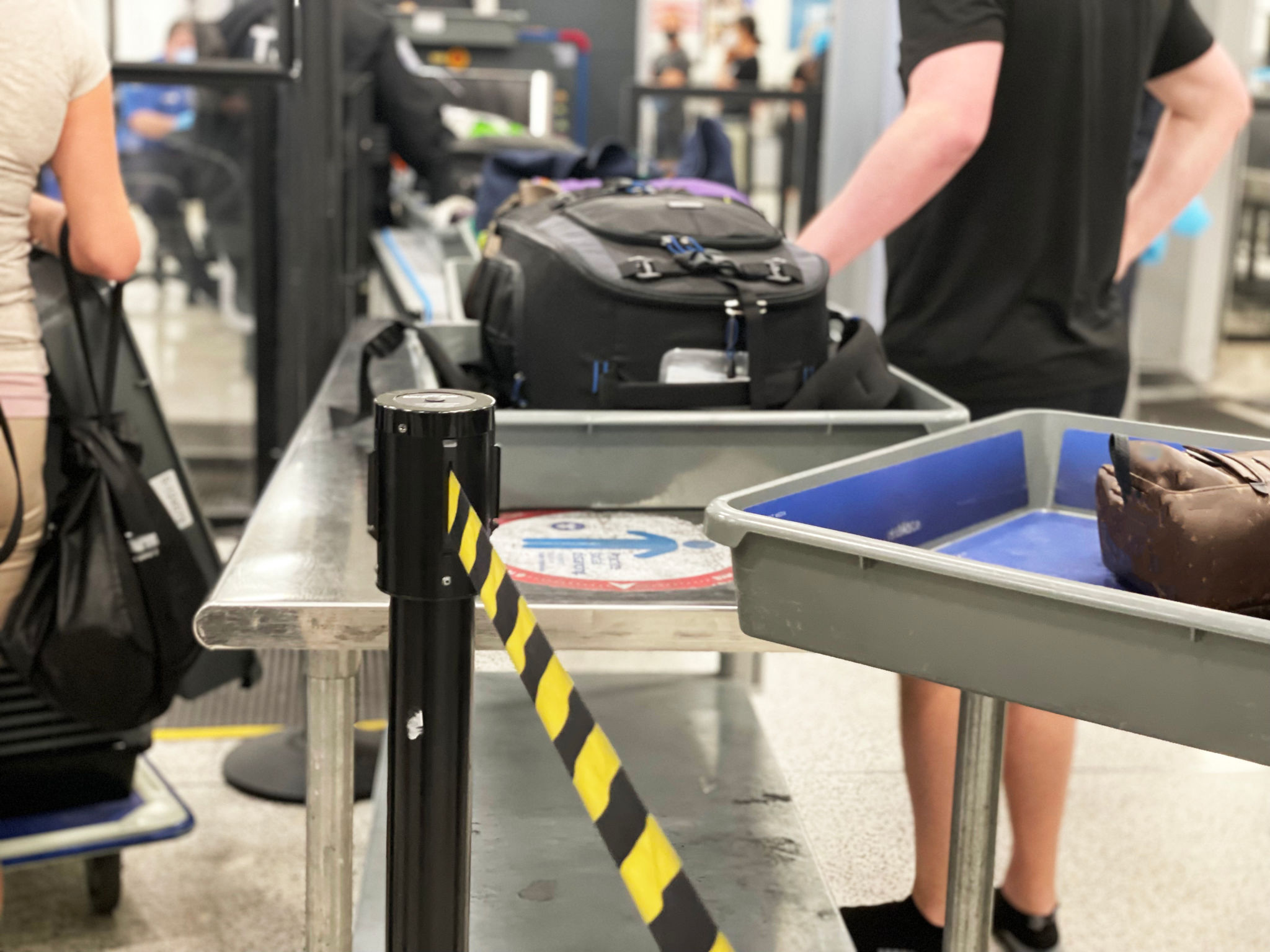Understanding the Regulatory Landscape for Air Freight in the Netherlands
Overview of Air Freight Regulations in the Netherlands
The Netherlands is a pivotal hub in the global air freight industry, owing to its strategic location and robust infrastructure. Understanding the regulatory landscape is crucial for businesses involved in air freight operations here. The regulations ensure safety, security, and efficiency across the air cargo supply chain, impacting various stakeholders, including airlines, freight forwarders, and shippers.
The Dutch government, along with European Union directives, plays a significant role in shaping these regulations. Compliance with these rules is essential for smooth operations and avoiding potential penalties. For businesses looking to expand their operations or improve logistics efficiency, a comprehensive understanding of these regulations is fundamental.

The Role of the Civil Aviation Authority
The Civil Aviation Authority (CAA) in the Netherlands is the principal body responsible for overseeing aviation regulations. It works closely with international organizations like the International Civil Aviation Organization (ICAO) and the European Union Aviation Safety Agency (EASA) to align Dutch regulations with international standards.
Key responsibilities of the CAA include licensing and certification of air carriers, ensuring compliance with safety standards, and regulating air traffic management. The CAA also monitors environmental impacts to promote sustainable aviation practices. Understanding the role of the CAA can help businesses navigate regulatory requirements more efficiently.
Customs and Security Regulations
In addition to aviation-specific regulations, customs and security protocols are crucial components of the air freight regulatory framework. The Netherlands follows stringent EU customs regulations, which include procedures for import and export clearances. Businesses must ensure accurate documentation and declarations to facilitate seamless cargo movement.
Security is another critical area governed by both national and international laws. Measures include cargo screening, personnel vetting, and facility security protocols. Compliance with these measures is vital for safeguarding the supply chain against threats and ensuring uninterrupted operations.

Environmental Regulations and Sustainability
The Netherlands is at the forefront of promoting sustainability in aviation. Environmental regulations are focused on reducing carbon emissions, noise pollution, and waste management in air freight operations. The government encourages the adoption of green technologies and sustainable practices among industry players.
Compliance with environmental regulations not only helps businesses avoid penalties but also enhances their reputation as responsible operators. Initiatives such as carbon offset programs and the use of sustainable aviation fuels are gaining traction as part of the industry's commitment to sustainability.
Technological Advancements and Digitalization
Technology plays a transformative role in air freight operations. In the Netherlands, digitalization is integral to regulatory compliance and operational efficiency. The use of advanced tracking systems, digital documentation, and automated processes streamlines regulatory adherence while enhancing cargo handling capabilities.
Businesses investing in technology benefit from improved accuracy and reduced operational risks. The regulatory framework supports digital innovation by providing guidelines for data protection and cybersecurity, ensuring that technological advancements are leveraged safely and effectively.

Conclusion
Navigating the regulatory landscape for air freight in the Netherlands requires a comprehensive understanding of various components ranging from aviation safety to environmental sustainability. By staying informed and compliant, businesses can optimize their operations while contributing to a safer and more sustainable global supply chain.
Engaging with industry experts, attending relevant workshops, and collaborating with regulatory bodies can provide valuable insights into effectively managing compliance challenges. As the industry evolves, staying proactive in understanding and adapting to new regulations will be essential for long-term success in the Dutch air freight sector.
